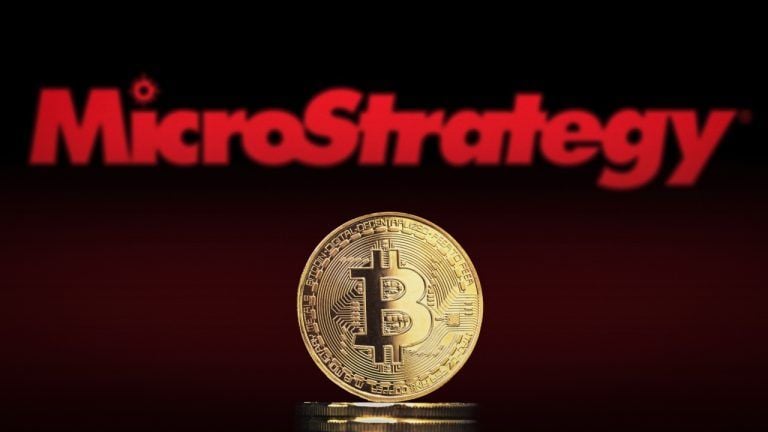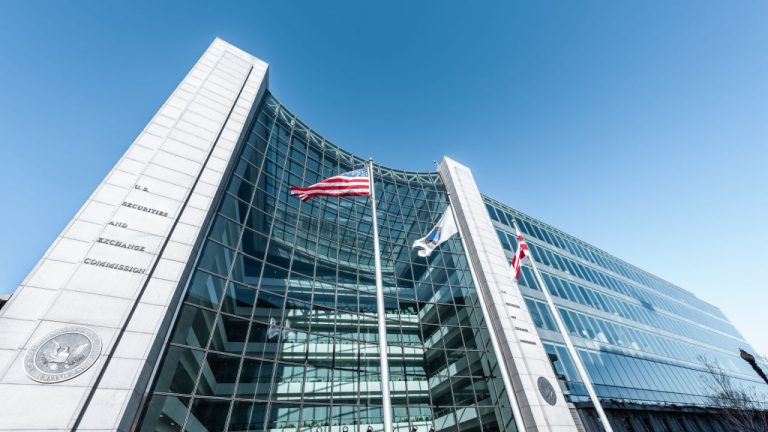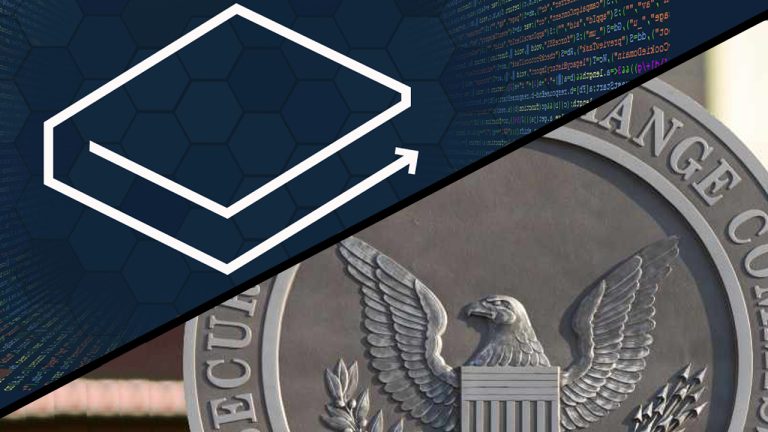
The necessity to create a legal framework for stablecoins is marked in the latest Central Bank of Nigeria strategy paper.
As one of the world’s pioneers in adopting its own central bank digital currency (CBDC), Nigeria declares its readiness to accept the existence of private stablecoins as well. The necessity to create a legal framework for stablecoins is marked in the latest central bank strategy paper.
Published under the headline “Nigeria Payments System Vision 2025”, the 83-page report from the Central Bank of Nigeria (CBN) considers the development of a regulatory framework for the potential implementation of a stablecoin. According to the document, there is a need to develop a framework, given that stablecoins are likely to become a successful payment mechanism in the country.

The report also pays attention to the regulation of initial coin offerings (ICOs). It highlights the current absence of regulation in the area, causing the investors’ losses. However, the CBN sees potential for adopting ICOs as a new approach to fundraising for capital projects, peer-to-peer lending and crowdfunding. Hence, a regulatory framework is also needed “in the event of adoption of an ICO-based investment solution.”
Related: Nigeria set to pass bill recognizing Bitcoin and cryptocurrencies
However, the stablecoins and ICOs segment of the report is ways smaller than the one dedicated to Nigerian CBDC, eNaira. The Central Bank considers it a potential “enabler for transformation” in the national economy. It hopes to achieve a final implementation of the currency in 3-5 years.
In December 2022, Nigeria has reduced the amount of cash individuals and businesses can withdraw to $225 and $1,125 per week, respectively in an attempt to push its “cash-less Nigeria” policy and increase the use of the eNaira.
Adoption rates for a CBDC have been low since its launch in 2021. As reported by Cointelegraph, the CBN has struggled to convince its citizens to use the digital currency, with less than 0.5% of the population reported having used the eNaira as of Oct. 25, 2022, a year from its launch.









